|
Food, Inflammation and Pain
Food and inflammation and pain are more closely related than you might think. If you are fighting the chronic pain of fibromyalgia, arthritis, or the aches that come after surgeries or injuries and you were to keep careful track of what you eat and your resulting pain levels you might find a correlation. But, of course, if you eat pretty much the same foods all the time (it's not much of an experiment is it?) you might never discover the food/inflammation connection.
Fortunately, studies have been done and they have linked particular types of food with inflammation and pain reduction.
Berries contain many nutrients that have anti-inflammatory attributes. Many berries (and, to a lesser degree, other raw fruits) are especially high in anthocyanins, which fight inflammation in the body much the same way that aspirin does. Anthocyanins are responsible for the bright colors in many berries. I have a handful of sea buckthorn berries almost every day. I also grow black currants (with more antioxidants than blueberries) and at least a dozen other varieties of berries.
A recent study in China showed that intakes of 320 mg per day of anthocyanins over 24 weeks caused a reduction of C-reactive protein (a marker of inflammation) of 22% compared to a decrease of 2.5% in the placebo group. It has also been found that a mixture of anthocyanins is more effective than a single compound which suggests getting them from a variety of foods might be better than from a purified supplement.
Green leafy vegetables are another food group that is very good for people suffering from painful, inflamed joints (and many other conditions).
In her book Green for Life, Victoria Boutenko (a real pioneer of green smoothies) describes a study she conducted, along with a doctor, in which about 40 patients were supplied with green smoothies every day. This was the only change made to their diet and they could eat whatever else they wanted the rest of the day. All patients were medically examined before and after. Aside from weight loss, lower blood pressure and a number of other benefits, they all had lessened inflammation.
Omega 3 essential fatty acids
(EFAs) are called "essential" for a reason. EFAs are absolutely essential for optimal health and well-being. They occur in every cell of our body making up important components of cell membranes. Omega 3s are very important in the fight against inflammation. They may help in reducing inflammatory disorders such as rheumatoid arthritis, inflammatory bowel disease, eczema, lupus and fibromyalgia.
One excellent source is flaxseed. Flax oil contains about double the amount of omega-3 (ALA) essential fatty acids compared to fish oil. The body metabolizes this source into the longer-chain acids EPA and DHA, which are well-known to support brain and cognitive function and good mental health as we age. Chia and other seeds are also good sources of EFA's.
Here are a few more good food - inflammation control combinations.
Curcumin (as in turmeric) is another nutrient with anti-inflammatory properties. Curcumin has been used as a natural remedy for a multitude of conditions and is thought to promote cardiovascular health. I have heard people in the health field that aren't too big on a lot of supplementation say you should at least take Vitamin D, vitamin B12, essential fatty acids and curcumin (or turmeric). You can add a ¼ teaspoon of turmeric to many green smoothie combinations without getting too much of the taste (not that it is bad).
Vitamin B12 also has pain-management properties. However, it is best to get it from sources other than meat because the saturated fats in meat tend to aggravate inflammation. Yeast can also be a good source of B12 as well as cultured veggies (or ferments)
such as sauerkraut.
A vegetarian diet has been shown in journal studies over the past five years to cause extensive changes in the profile of the fatty acids of the serum phospholipids. These changes may favor production of prostaglandins and leukotrienes with less inflammatory activity, which is a bonus for those with inflammatory illnesses.
Just eating the right foods can help to fight pain and, of course, can help to prevent it as well. This all goes along with that famous quote from Hippocrates, the father of medicine:
"Let food be thy medicine and medicine be thy food."
|
Keep up to date with
valuable insights into
pain management via
a healthy lifestyle.
Receive the monthly
Natural Pain Relief
Guide Newsletter.
News articles, health
tips, specials, freebies.
Enter your email and name
in the form to the right.
|
|
|
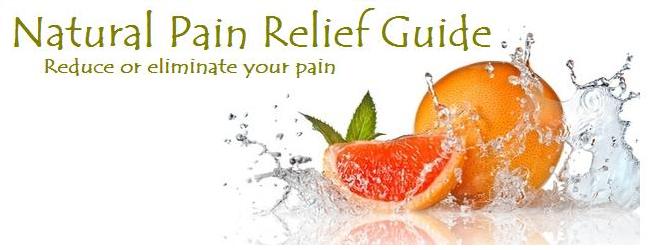

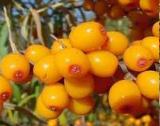
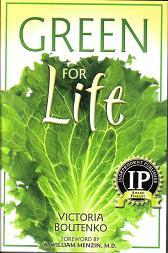
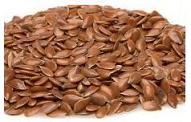
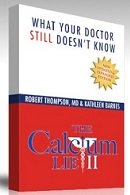

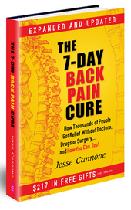



New! Comments
Have your say about what you just read! Leave me a comment in the box below.